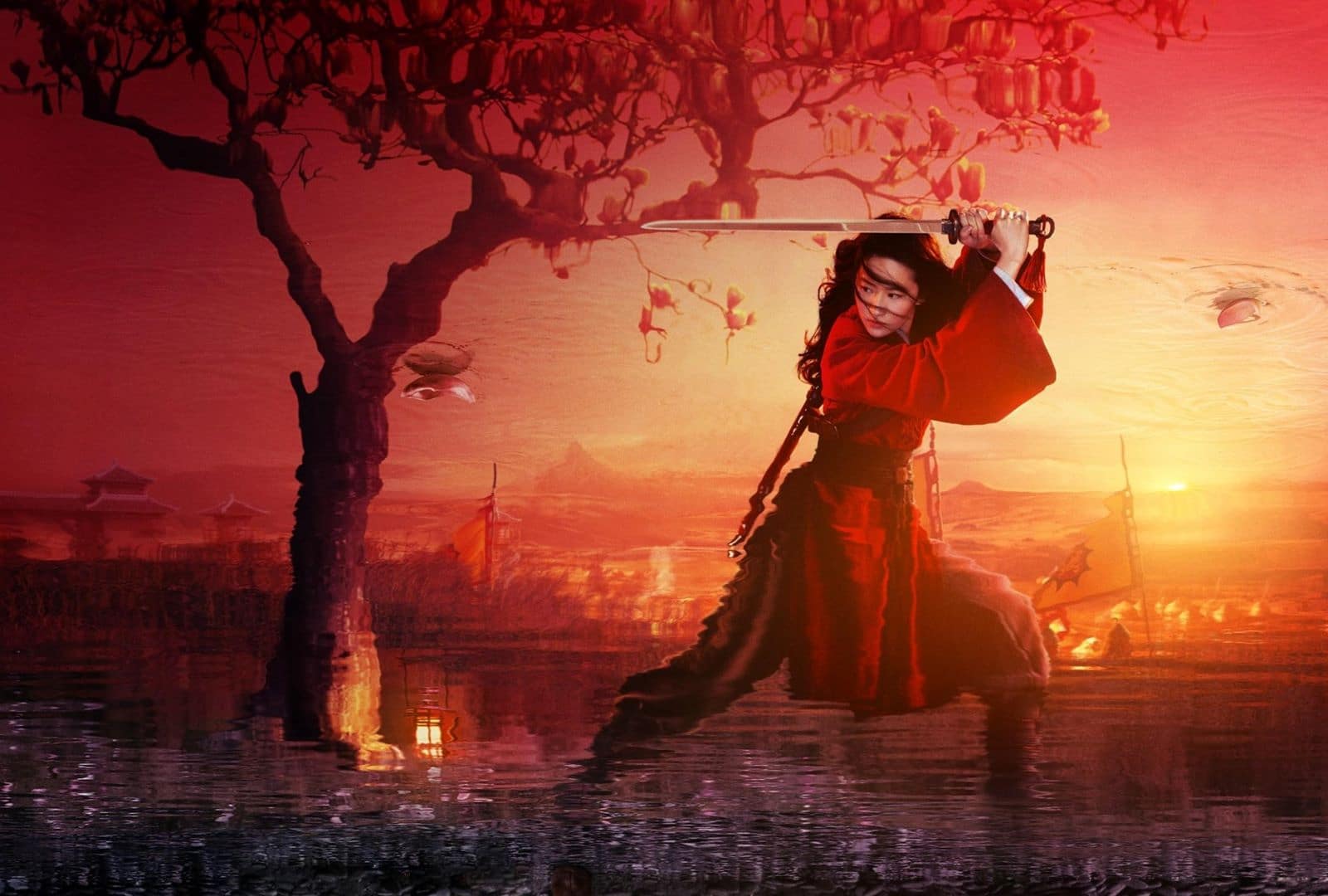CADY-BREE ABE WRITES — At first, Mulan was a girl worth fighting for, but the new live action movie released in 2020, starring Yifei Liu, leaves audiences disappointed and devastated. The live action Mulan transforms a beloved Disney princess movie into something nearly unrecognizable to many who held this film close to their hearts.
As an icon that provided important ethnic representations, the cartoon Mulan is an integral piece of childhood to many young Asian Americans. The directors and producers removed characters such as General Shang (Mulan’s war superior and lover) and Mushu (the movie’s comedic relief dragon) and disregarded the cartoon’s beautiful musical soundtrack on the basis of making the movie “more authentic.” But the movie is not as accurate as the original cartoon.
The Chinese ballad of Mulan depicts an average woman enlisting in a war in place of her father. As the central message of the original piece, Mulan was meant to symbolize that any woman could take the same actions as a man but the live action movie completely destroys this premise and strengthens the stigma that women are lesser than men.
Specifically, the live action Mulan places Mulan on a pedestal without providing any redeeming human characteristics that make her more relatable to the greater public. Mulan is depicted as a “chosen one” with special powers and abilities, rather than a normal woman who cares for her family. In that way, the live action adaptation perpetuates the negative idea that ordinary women are not equal to men.
Additionally, the most recent adaptation dramatized important aspects of Chinese Culture. Mulan misconstrues the concept of chi. Although chi is a real idea, the live action Mulan perpetuates the Orientalist views that “the East” is crazy, irrational and mysterious. Rather than explaining that chi is a life force that flows within every living being, the live action Mulan presents the idea that chi is exclusively for men, and if a woman shows “excessive” chi, she is unnatural, scary, and branded a “witch.”
The cartoon Mulan was admittedly not a completely accurate depiction of ancient Chinese culture, but the movie fully embraced the fun, silliness and lightheartedness of the family film label. The new Mulan loses its cute, lively Disney magic which the cartoon capitalizes on, while also perpetuating harmful stereotypes.


One Reply to “MOVIE REVIEW: ‘ORIENTAL’ MULAN IS OUTDATED”